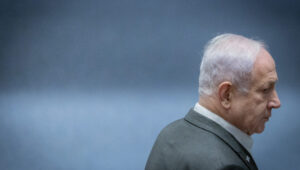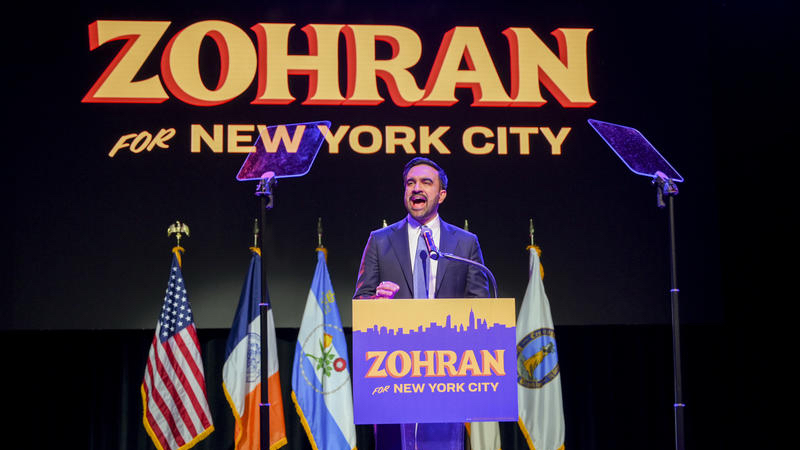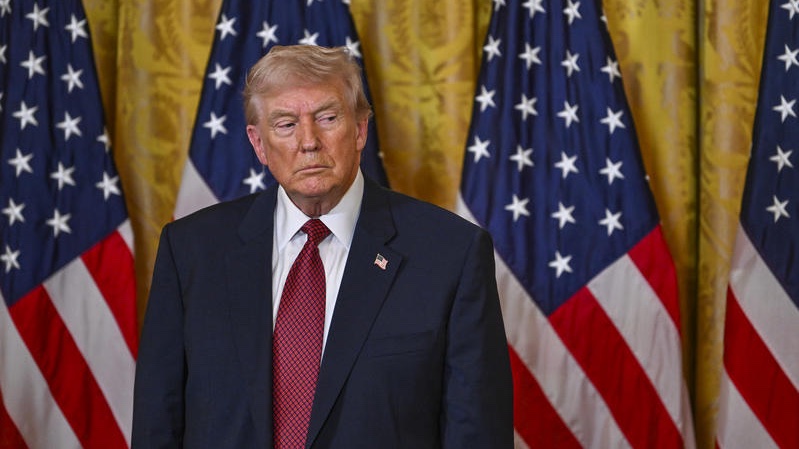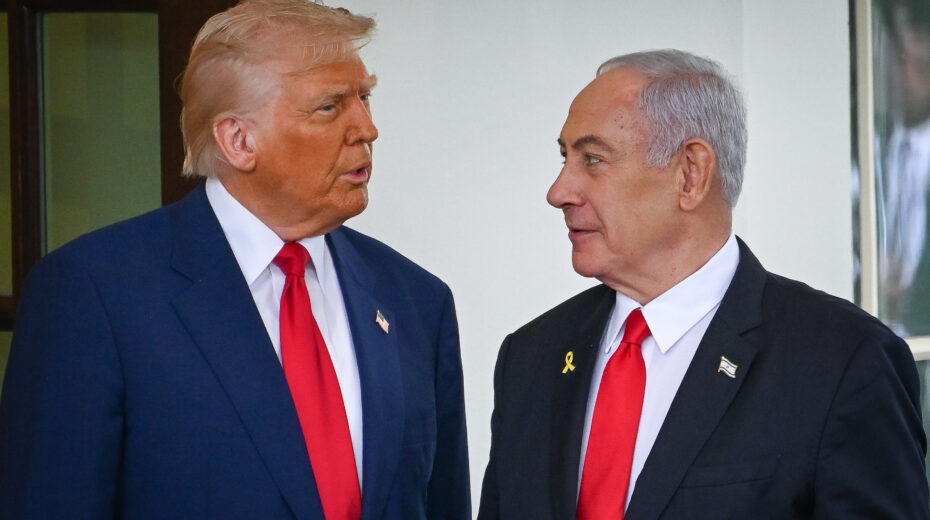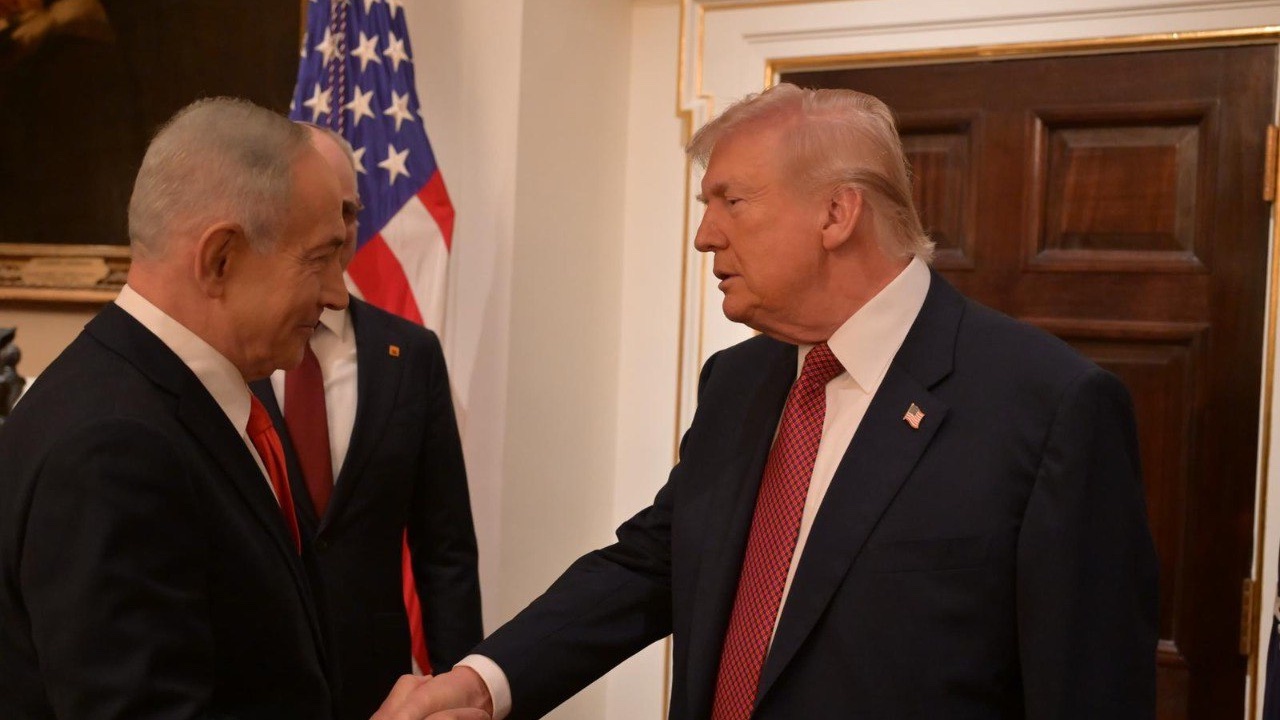For the previous two installments, see:
- Three Lessons I Learned From Benjamin Netanyahu
- Three More Lessons I Learned From Benjamin Netanyahu
Lesson #7 – Identifying and Confronting Real Dangers
Benjamin Netanyahu inherited from his Zionist historian father Benzion Netanyahu a worldview in which Jews must shake off the naiveté of the Diaspora and become intentional about defending themselves. The first step in pre-empting a fatal attack is identifying the threat. Incredibly, two of Bibi’s role models, founding fathers of modern Zionism Theodor Herzl and Ze’ev Jabotinsky, both had an urgent premonition regarding the climax of danger to the Jews in Europe — decades before the Holocaust.
This inherited urge-cum-obsession to avert disaster explains Bibi’s bulldog-like struggle against Iran obtaining nuclear bombs. Despite it being interpreted as an “audacious challenge to President Obama,” Netanyahu felt compelled to warn a joint 2015 session of the US Congress against the Iranian threat to the world. And he has repeated this warning before the United Nations General Assembly, urging leaders to “draw a red line” before the regime of the Ayatollahs obtains the doomsday weapon.
When he felt it was in the greater overall interest of protecting the people of Israel, Netanyahu became willing to shake hands with the arch enemy Yasser Arafat in September of 1996. Bibi made agreements of compromise with Arafat in the Wye Memorandum of October 1998.
In October 2011, Netanyahu even agreed to release 1,000 Palestinian terrorists from Israeli prisons in exchange for one Israeli soldier being held hostage in Gaza. He justified this as necessary for a broader national consensus against the existential Iran threat.
Take-home Lesson: Be a bulldog in contending for your family, providing for their physical needs, protecting them from various threats and influences; from bodily, spiritual and emotional injury. And not only for your family… engage in a similar instinct on behalf of others in your environment and spheres of influence.
“Give justice to the weak and the fatherless; maintain the right of the afflicted and the destitute. Rescue the weak and the needy; deliver them from the hand of the wicked.” (Psalm 82:3-4 ESV)
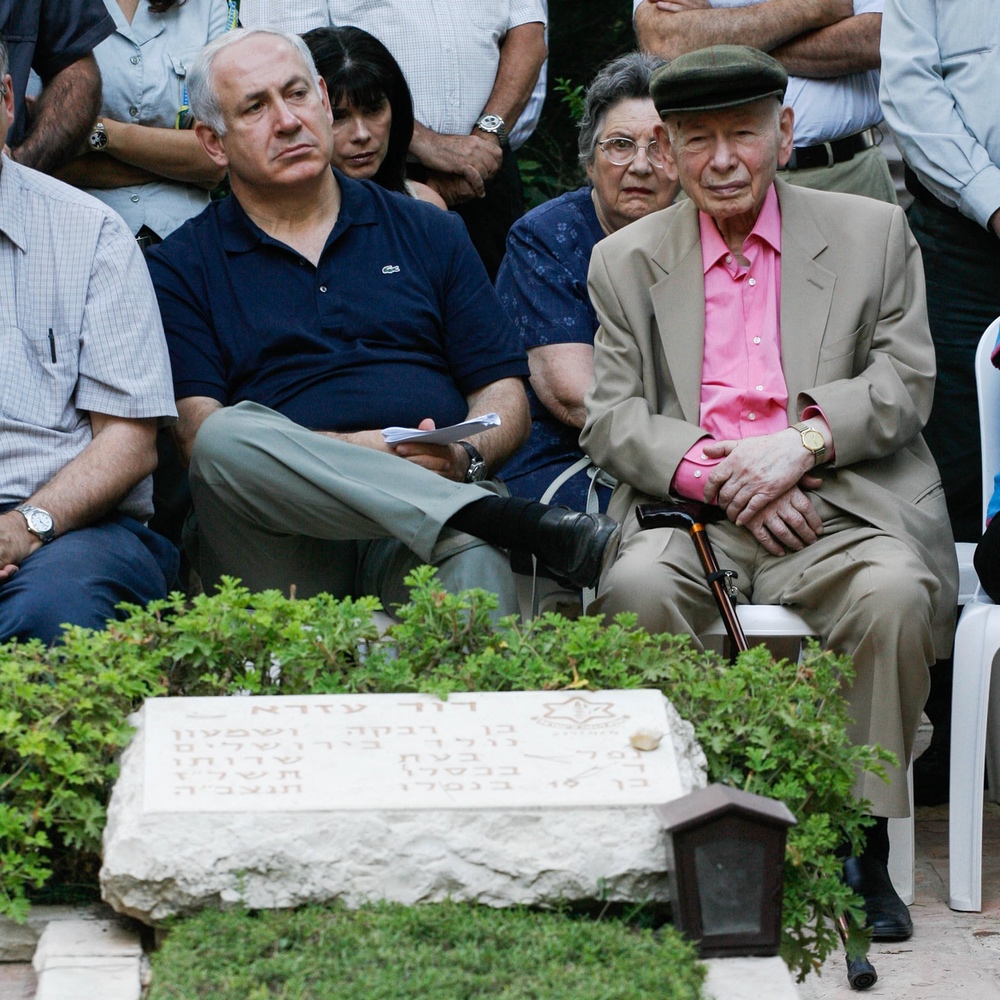
Lesson #8 – Shaking Off Apathy
Bibi’s historian father, Benzion Netanyahu, was appalled that many diaspora Jews mentally assented to the Zionist idea but were too caught up in the momentum of their comfortable lives to do much about it. The elder Netanyahu wrote:
“This is the Jewish apathy that lets things move along down the old slope, this apathy that must be shaken out of us by storm.”
Shaking off apathy is a corollary to the lesson above (confronting existential danger), but deserves its own space.
While it would be a stretch to call any stage of Bibi’s life “apathy,” we note that the event Netanyahu refers to as his changing point was the heroic death of his brother Yonatan (Yoni) Netanyahu.
If it were not for the sacrificial death of Yoni, Bibi might never have entered politics. Yoni died on July 4, 1976 leading what was arguably the most daring and successful military rescue operation in modern history as the commander of the IDF’s elite anti-terrorism unit Sayeret Matkal. Bibi was the one who broke the heart-rending news of Yoni’s sacrifice to his parents. Suddenly, his life took a sharp turn. Now he became the eldest son. Now he felt the need to continue Yoni’s legacy and warn the world against terrorism. (See video of Bibi explaining this to Pat Robertson in 1982 on The 700 Club.)
At the time, Bibi was finishing his studies at MIT and starting a career working for the Boston Consulting Group in economics. Yoni was the only IDF soldier killed while freeing 100 hostages being held in Entebbe, Uganda. This event was the main “domino” that pushed Bibi into serving Israeli interests full time. The first stage was public speaking in the USA on the side while working as a Boston economics consultant. Then he moved back to Israel, where he operated the Jonathan Netanyahu Anti-Terror Institute, and soon afterward began serving in Israel’s Foreign Ministry, then Knesset and as a government minister.
Take-home Lesson: Many people are shocked out of apathy by events that rock their lives. Some shake themselves out of apathy seemingly on their own. Which route would you prefer? We could call it being “either hot or cold.” What situations do we know need to change? In our health, in our schedule, in our habits, families, marriages, workplaces, etc. What would it take to actually cause that change to take place? Only external constraints? Only a scare with a life threatening episode and time at a hospital? Only a crisis at work or at home, or among the working staff? Or possibly a prayerful, pro-active process with voluntary accountability all along the way?
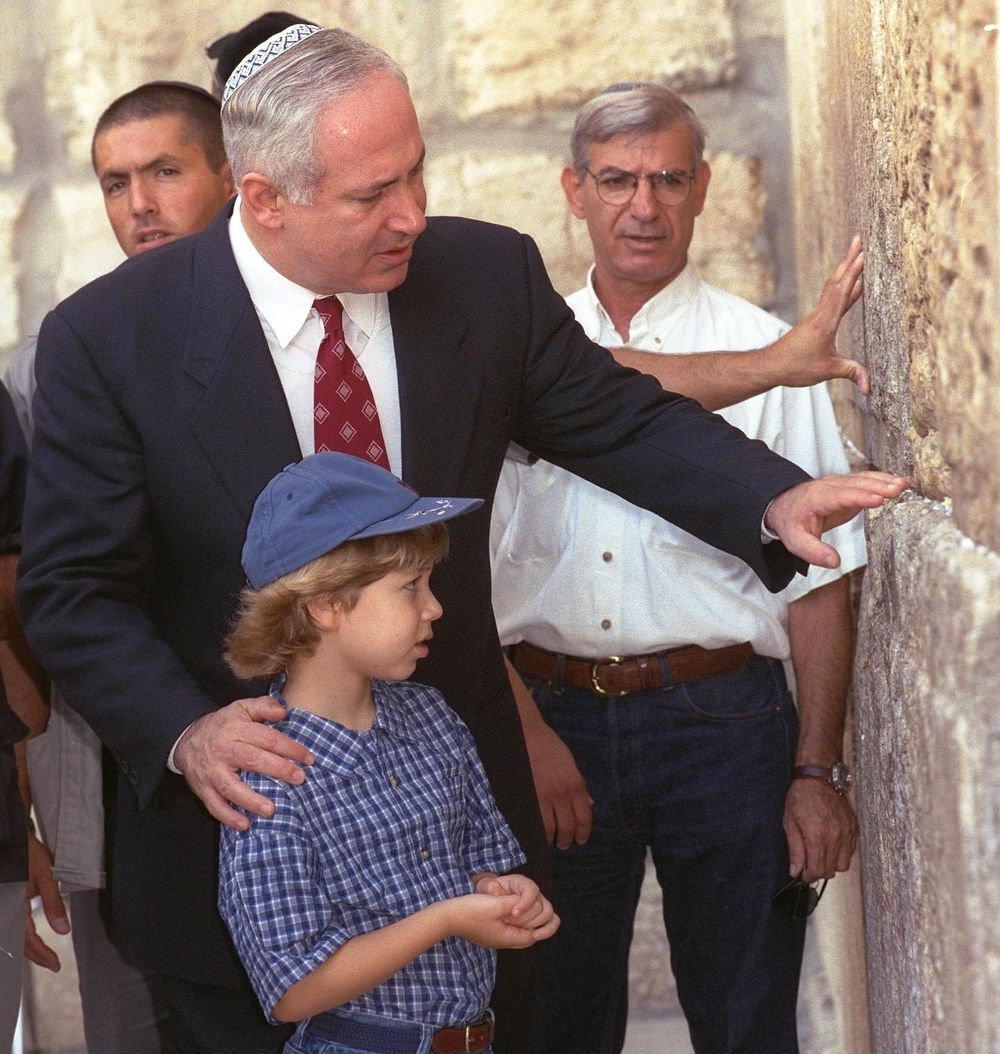
Lesson #9 – A Positive Family Legacy
We have already mentioned how Bibi Netanyahu’s grandfather, Rabbi Nathan Mileikowsky, wielded extraordinary, multi-lingual oratory on behalf of the Zionist vision in Eastern Europe and beyond. We have mentioned his father Benzion’s devotion to the Zionist cause, and his brother Yoni’s ultimate sacrifice. The Netanyahu family was also one of the first in the world to revive Hebrew as a language spoken in the home, and that was in Poland before even moving back to Eretz Yisrael in 1920.
Take-home Lesson: Find the positive things in the legacies your ancestors left for you (while processing and forgiving the negative). Get going on building a positive legacy for the next generation.




